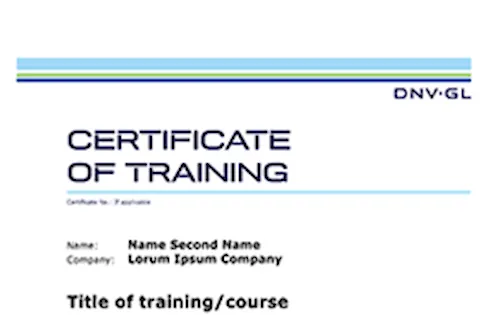MA-01 Maros training
Extensive guidance on how to use Maros to perform a range of analyses from a basic to a more advanced RAM study
Description
The course provides extensive guidance on how to use Maros to perform a range of analyses from a basic to a more advanced Reliability, Availability and Maintainability (RAM) study. All the key aspects of typical upstream asset evaluation and optimization studies are covered.
Some of the topics included are:
- Introduction to reliability theory and RAM analysis
- Overview of Maros modelling approach
- Construction of practical examples such as oil production system, gas network and normally unmanned facility
- Sensitivity analysis (what-if-scenarios) to evaluate alternative design configurations, operational strategy, maintenance philosophy and life-cycle cost analysis (LCC)
- How to perform an effective Maros analysis
Learning objectives
The aim of the course is to explain the dynamic simulation concept used by Maros and understand the main features and functionality. You will be required to practise and apply your newly acquired knowledge of the software through extensive exercises. Upon completion of this course you should be able to scope, create and run a RAM analysis, produce results and investigate their meaning.
Target group
Users who need to carry out and/or understand the output of RAM analysis and Asset Evaluation & Optimization Studies in the upstream sector of the oil and gas industry.

